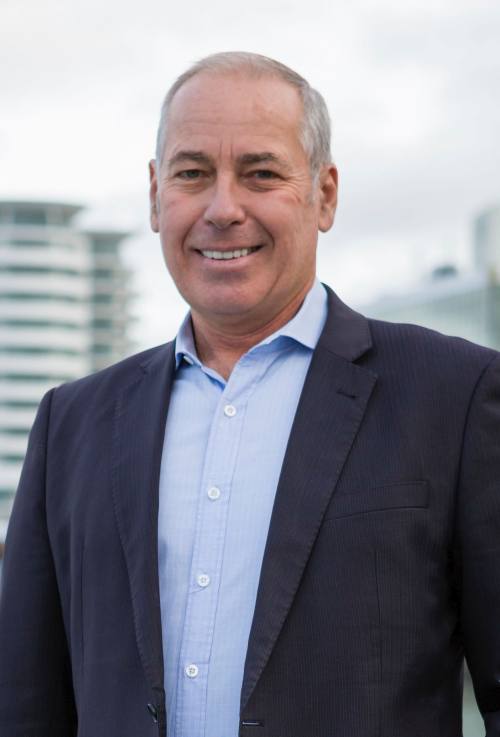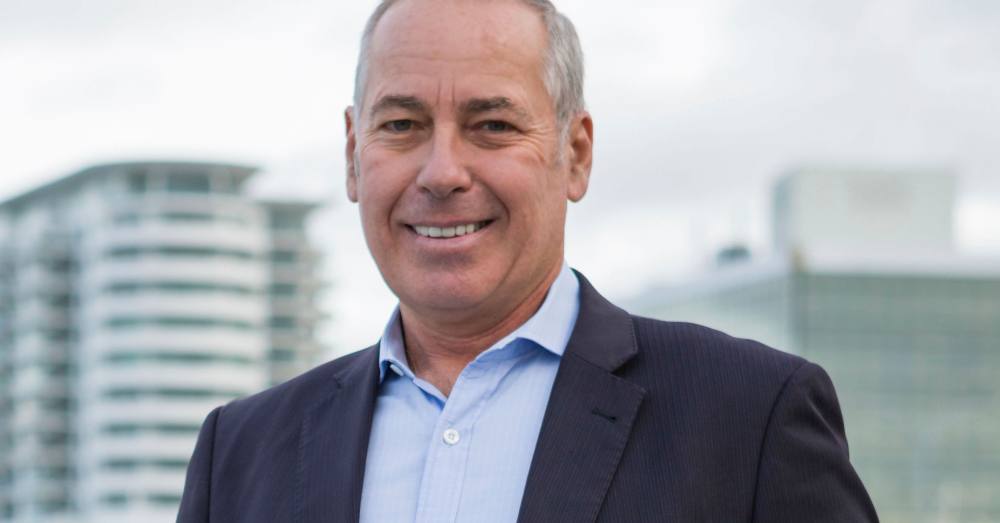
Penning my thoughts on the region’s challenges partway through a pandemic response in the early stages of the most significant recession in living memory is more than a little daunting.
Given there are still many unknowns that could affect our economy, I’ll restrict my ‘predictions’ to the scenarios I believe are highly likely to play out, and speak to what I see are the prerequisites for an accelerated recovery.
One important known is that the Government will be investing in shovel-ready infrastructure projects to stimulate the economy and support and create jobs. We’ve already seen the $400- million-plus Tauranga Northern Link project will get underway before the end of 2020, so that’s a great start.
All of the Bay of Plenty councils have also put forward key infrastructure projects, which could get underway quickly, for Crown Infrastructure Partnership funding consideration. We remain hopeful that a number of significant investments will result and will underwrite the recovery of our construction sector.
Tauranga City proposed 24 separate projects worth $1.1 billion across water, wastewater, roading, housing and growth, and community amenities, all of which could get underway in six to 12 months and would generate significant employment. Encouragingly, most of those projects have gone through the first cut process and have been put forward for consideration. I’d like to think that a number of investments in the infrastructure our fast-growth city desperately needs will result from that process, so watch this space.
Regional cooperation need
I also see opportunities for Tauranga and the Western Bay of Plenty sub-region to advance on a number of fronts through regional cooperation. We’re in a very good space and the progress being made through SmartGrowth will continue to facilitate shared solutions to shared issues. That regional focus also extends beyond the Bay of Plenty and I’ll be looking to work closely with my Waikato counterparts to ensure we bring a collaborative approach to transport infrastructure planning, to take advantage of our situation as the country’s preeminent export port.
Tauranga’s fast-growth status will not change. We need to manage that growth and ensure that appropriate housing, infrastructure and community amenities are available to accommodate our growing population. New housing areas in Tauriko West and Te Tumu (East) will be a key part of that equation. But so too will be the moves we are making to facilitate building-up through higher density housing options in existing city suburbs, in particular the Te Papa Peninsula and CBD.
Well-placed for recovery
Looking at the region’s strengths, there’s little doubt we are well placed for recovery compared to many other areas. Our Kiwifruit industry has been largely unaffected and will continue to grow strongly. Forestry took an early hit, but is now back on-line and benefitting from improving log prices. And our dairy industry will also help to underpin recovery, assuming that world demand stays strong and dairy product prices are at least stable. As mentioned, we have New Zealand’s biggest and most efficient export port. Port of Tauranga has capacity to expand, while other ports, Auckland for instance, do not and I see considerable potential for growth and improved links through inland port facilities like Ruakura.
The final word goes to the hospitality, tourism and events sectors, which have arguably been hit hardest by the closure of our borders and the pandemic restrictions. The Western Bay is less reliant on international tourism than many parts of the country, which is a distinct advantage. Tourism Bay of Plenty has displayed admirable agility in developing and launching a campaign to encourage Kiwis to holiday here, so we can look forward to a slow recovery in tourism spending.
Events ground to a halt in the lockdown and uncertainties around the emergence from the pandemic mean there won’t be any immediate recovery. But we have a high-quality events sector and, providing we stay in control of Covid-19, we should start to see a re-emergence of activity through the summer season and beyond. And as we move down to level 1 and then, hopefully out of restrictions altogether, we can also look forward to our hospitality cashflows getting back to something a bit more like normal.
In conclusion, we do have some bright spots on the horizon, so let’s take advantage of them, work as a team, support local businesses wherever possible and look to get our community and economy back on its feet as quickly as possible.




